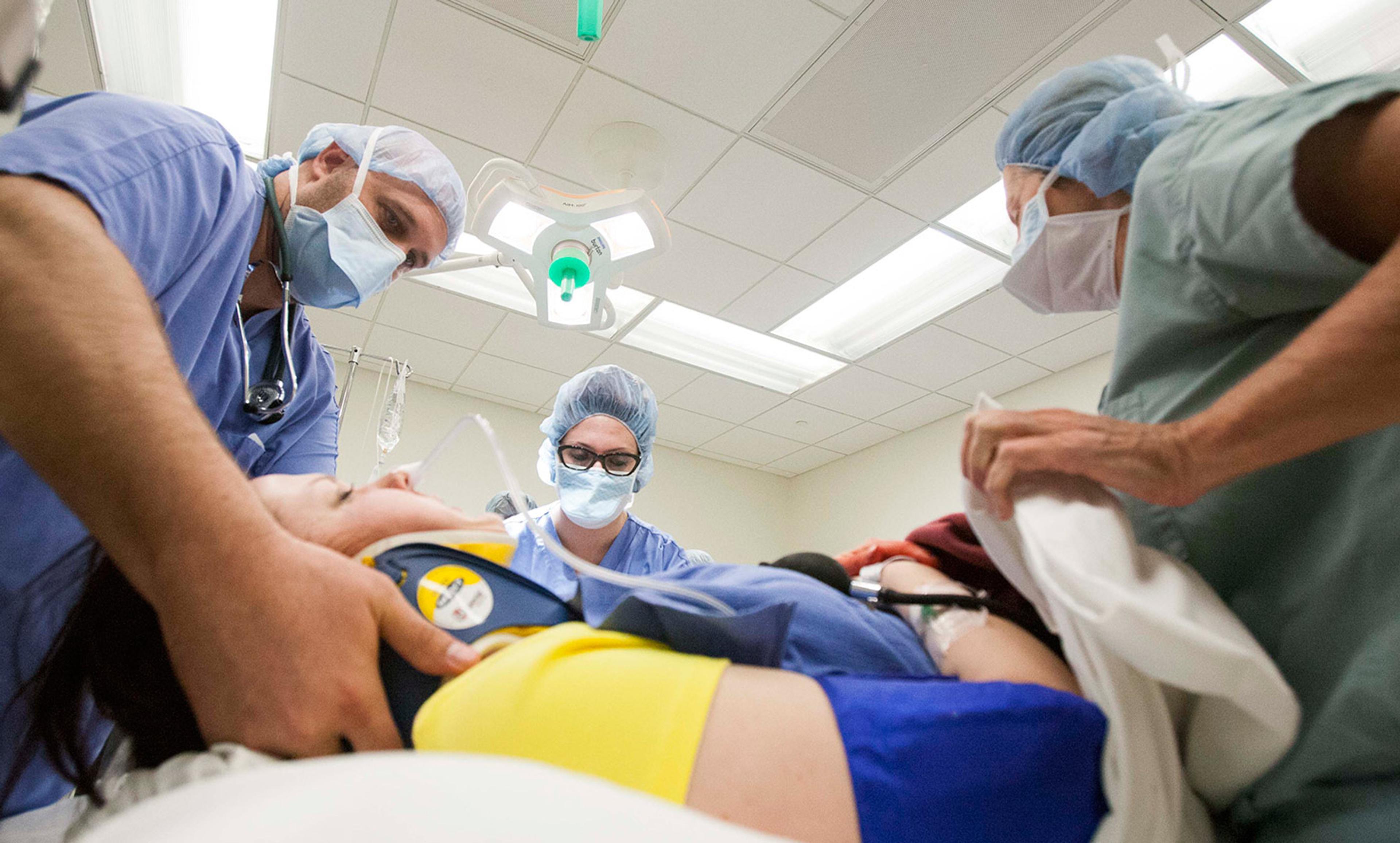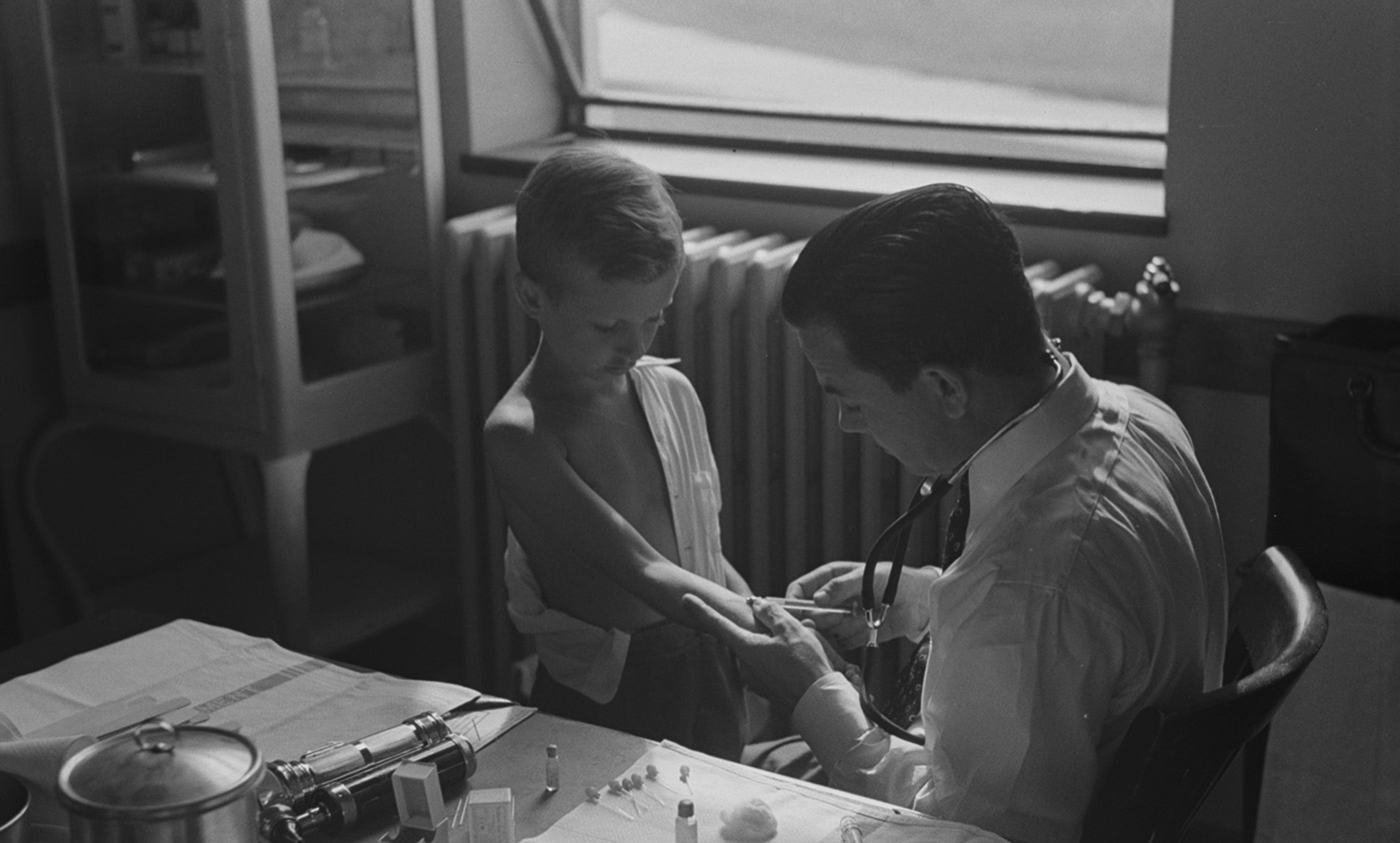COD Newsroom/Flickr
Over the past few decades, empathy – the ability to take on the perspective, or ‘feel’ the emotions, of another person – has been touted as a key clinical skill, and a cornerstone of the doctor-patient relationship. Communication with and trust in the doctor hinges on this quality, research suggests, right along with patient satisfaction and clinical outcome of the treatment itself. Many physicians are now trained to be empathetic, but still struggle with showing empathy all day, every day. After all, physicians are only human, prone to exhaustion and stress, and simply not empathetic all the time. The proposed solution is simple: fake it till you make it; even if you don’t feel empathetic with your patient, you should at least give the impression that you are. But why do we deem a treatment incomplete without it, when empathy is neither easily employable nor a miracle cure?
It might be time to reconsider the importance of empathy as an essential physician skill. Consider its fierce requirements: cognitively, the empathiser must put him or herself in the patient’s shoes and then go further to feel with that patient, such that emotional boundaries dissolve.
We’ve long assumed that the empathising doctor is the better doctor, but both aspects of empathy – the cognitive and the emotional – can malfunction. From the cognitive end, our ability to walk in someone else’s shoes is biased and not-neutral; we walk easier in shoes that fit us. We are more inclined to feel empathy for attractive people and for those who look like us or share our ethnic or national background. And from the emotional end, we underestimate the influence of affective states such as anxiety or depression on other people’s behaviour when we are not affectively aroused ourselves, leaving the door open for undertreatment of issues such as pain. And studies have indicated that the act of ‘feeling with’ is exhausting; feeling another’s pain could be a source of distress and depression for the empathiser.
Absence of empathy, meanwhile, could be a boon. Surgeons, for example, commonly conceal the personal features of their patients and look only at the surgical site, to boost their finesse. In psychotherapy, empathy can be counterproductive. Patients suffering from mental disorders including low self-esteem tend to seek self-verification instead of self-enhancement; empathetic reinforcement of their negative self-concept could be damaging in the extreme.
On top of all this, medical care is an active feat, while empathy, though motivating, does not in and of itself require action. Indeed, empathetic arousal is not the only force that can motivate one to care: a sense of justice and allegiance to duty can work as well. We want our doctors to acknowledge our needs and act accordingly, yet we don’t actually need them to mirror our pain.
In fact, this final requirement is most closely related not to empathy but to compassion – defined among emotion researchers as the feeling that arises when you are confronted with another’s suffering, including the desire to help. This non-empathetic compassion – a more distanced love and kindness and concern for others – might act as a bridge between recognising the other’s feelings and providing care without the detriments of empathy. Since compassion does not require identification with the patient, it can help in performing good care as a professional duty, building trust, and treating someone according to his or her needs, while avoiding cognitive biases and empathetic distress.
Empathy still matters in healthcare settings that don’t require action: self-help forums and family-support coordinators can be guided by empathy. And precisely because empathy is biased, physicians should be trained to critically reflect upon their empathy gaps rather than be told to fake it.
But when it comes to critical care, physicians should listen carefully and pay attention to what patients say and how they act. That is how they can best determine the appropriate action – their professional obligation on the patient’s behalf.






